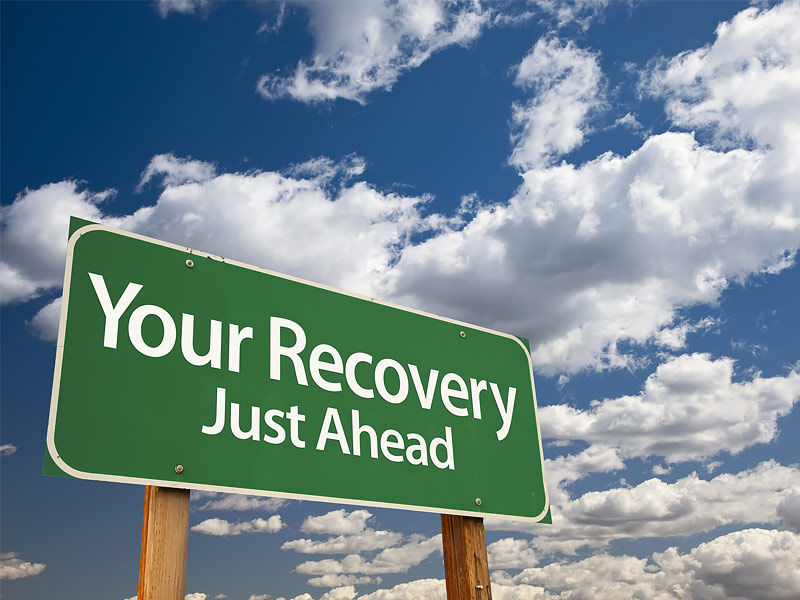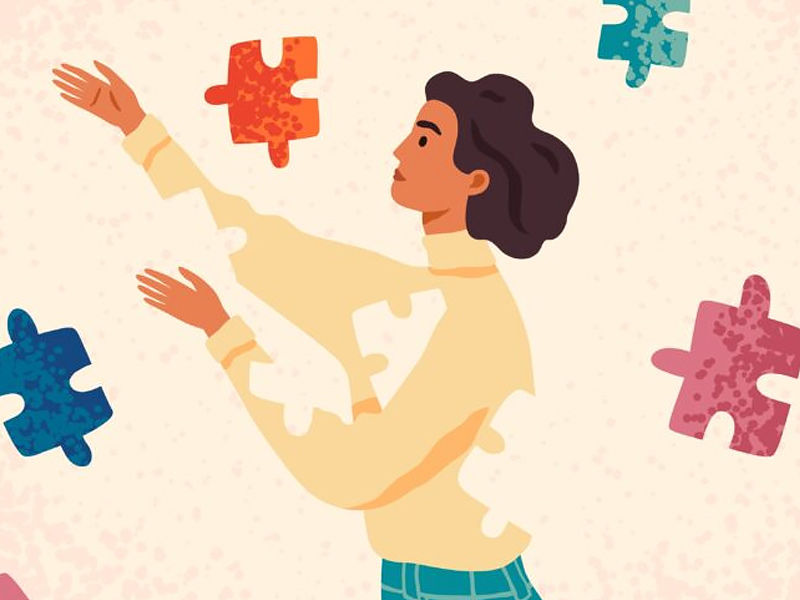Can addiction be successfully treated?
Yes, addiction is a treatable condition. Research into the science of addiction recovery and the treatment of substance use disorders has resulted in the development of evidence-based approaches that assist people in quitting drugs and resuming productive lives, commonly known as being in recovery.
Is addiction curable?

Treatment for drug addiction, like treatment for other chronic disorders such as heart disease or asthma, is rarely a cure. However, addiction can be successfully managed. Treatment allows people to reclaim control of their lives by counteracting addiction’s destructive effects on their brain and behavior.
Is relapse to drug use a sign that treatment has failed?
No. Because addiction is continuous, relapse, or a return to drug use after attempting to stop, can be a part of the process for some people, but modern treatments are meant to help with relapse prevention. Drug relapse rates are comparable to those for other chronic medical diseases. People are more likely to relapse if they do not adhere to their medical treatment plan.
Chronic disease therapy entails modifying deeply ingrained behaviors, and relapse does not imply that treatment has failed. When a person in recovery from addiction relapses, it suggests that the individual should consult with their doctor about restarting therapy, modifying it, or trying another treatment.

While relapse is a common part of the recovery process, for particular substances, it can be extremely dangerous—even fatal. If a person consumes the same amount of the drug as they did before stopping, they are at risk of overdosing since their bodies are no longer acclimated to their former level of drug exposure. An overdose occurs when a person consumes enough of a drug to cause unpleasant feelings, life-threatening symptoms, or death.
What are the fundamentals of effective treatment?
According to research, medicine should be the first line of treatment for opioid addictions (prescription pain medications or substances like heroin or fentanyl), usually in conjunction with some sort of behavioral therapy or counseling. There are other medications available to help treat alcohol and nicotine addiction.
Furthermore, pharmaceuticals are used to assist people in detoxifying from drugs, while detoxification is not the same as treatment and is insufficient to assist a person in recovering. Detoxification without the following therapy usually results in the recurrence of drug usage.

There are currently no pharmaceuticals available to help people with substance addictions such as stimulants or cannabis, so treatment relies upon behavioral therapies. Treatment should be customized to each patient’s drug use habits as well as drug-related medical, emotional, and social issues.
What drugs and devices aid in the treatment of drug addiction?
Various medications may be effective at various phases of treatment to assist a patient in stopping drug abuse, staying in treatment, and avoiding relapse.
Withdrawal treatment. When patients first quit using drugs, they may experience a variety of physical and emotional symptoms, such as restlessness or insomnia, as well as sadness, anxiety, and other mental health issues. Certain therapy drugs and gadgets alleviate these symptoms, making it simpler to discontinue drug use.

I’m still in treatment. Some therapy drugs and mobile applications are used to assist the brain in gradually adjusting to the drug’s absence. These treatments work gradually to reduce drug cravings and have a relaxing effect on the body’s systems. They can assist patients in focusing on counseling and other drug-related psychotherapies.
Relapse prevention. Stress cues associated with drug use (such as people, places, objects, and moods) and drug interaction are the most common triggers for relapse, according to science. That assists patients in remaining in recovery, scientists have started researching medicines to interfere with these triggers.
How do behavioral therapies help people recover from drug addiction?
Behavioral therapies assist people in drug addiction therapy in changing their attitudes and actions toward drugs. As a result, patients are better equipped to deal with stressful events and other triggers that could lead to another relapse. Behavioral therapy can also improve the efficacy of drugs and help people stay in treatment for longer periods.

Also read: JOMO Philosophy: A Must-Read book for Gen-Z
Cognitive-behavioral therapy aims to assist patients in recognizing, avoiding, and dealing with situations in which they are most likely to take drugs.
Positive reinforcement, such as providing rewards or privileges for being drug-free, attending and participating in therapy sessions, or taking treatment meds as recommended, is used in contingency management.
Motivational enhancement therapy employs techniques to capitalize on people’s willingness to improve their behavior and join treatment.

Family therapy assists people with drug use problems, as well as their families, in addressing impacts on drug use patterns and improving general family functioning.
TSF is an individual therapy that is normally offered in 12 weekly sessions to prepare people to participate in 12-step mutual support programs. Alcoholics Anonymous and other 12-step programs are not medical treatments, but they do provide social and complementary support to those who are. TSF adheres to the 12-step ideas of acceptance, surrender, and active participation in recovery.
How can the greatest treatment programs assist people in overcoming their addiction?
While discussing his difficulties with a coworker, a worried man touches his brow.
Stopping drug use is only the first step in a lengthy and complicated rehabilitation journey. Addiction has often had major effects on people’s lives when they enter treatment, potentially impacting their health and how they operate in their family lives, at work, and in the community.

Because addiction may affect so many facets of a person’s life, successful treatment must address the needs of the whole person. Counselors may choose from a menu of services that address their patients’ individual physical, mental, social, occupational, family, and legal issues to aid in their recovery.





























